If you think someone is experiencing an overdose,
give naloxone and call 9-1-1 immediately.

If you think someone is experiencing an overdose,
give naloxone and call 9-1-1 immediately.

Increase in Cases of Invasive Group A Strep Infections in Vermont
Invasive group A strep infections are serious and may require hospitalization. There is an increased risk of infection for people who use drugs containing xylazine.
To prevent infection, keep wounds clean, moist, and covered. Seek medical care right away for wounds that may be infected (red, swollen, painful, or warm to touch) or if you have a fever, chills or unexplained nausea or vomiting.
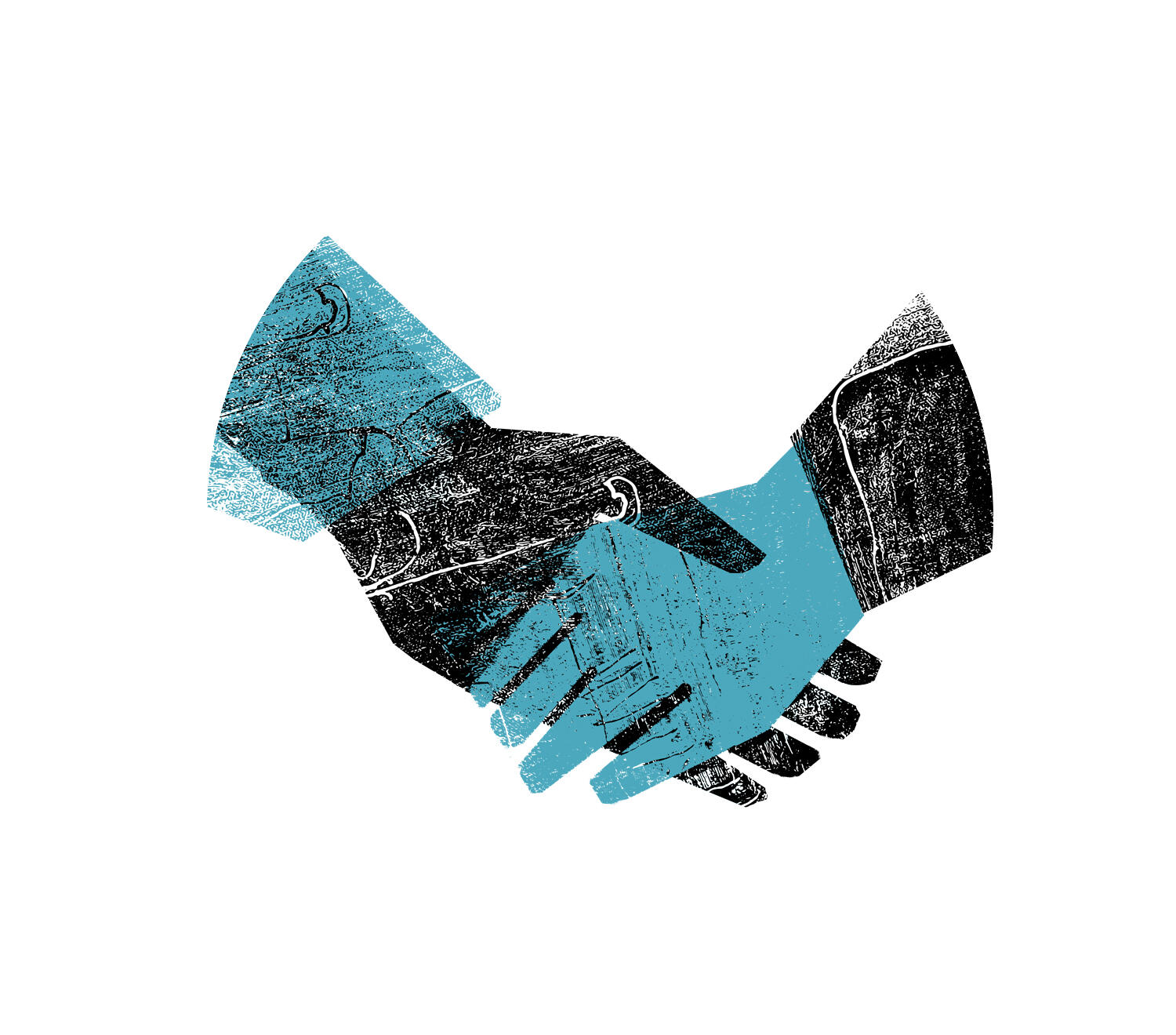
If you overdose while alone, you can die. Let your family and friends know when you are using, show them how to use naloxone and keep it out while you’re using so it can be easily found.
If you have to use alone, call 877-696-1996 or chat at NeverUseAlone.com and someone will stay with you to make sure you are safe.
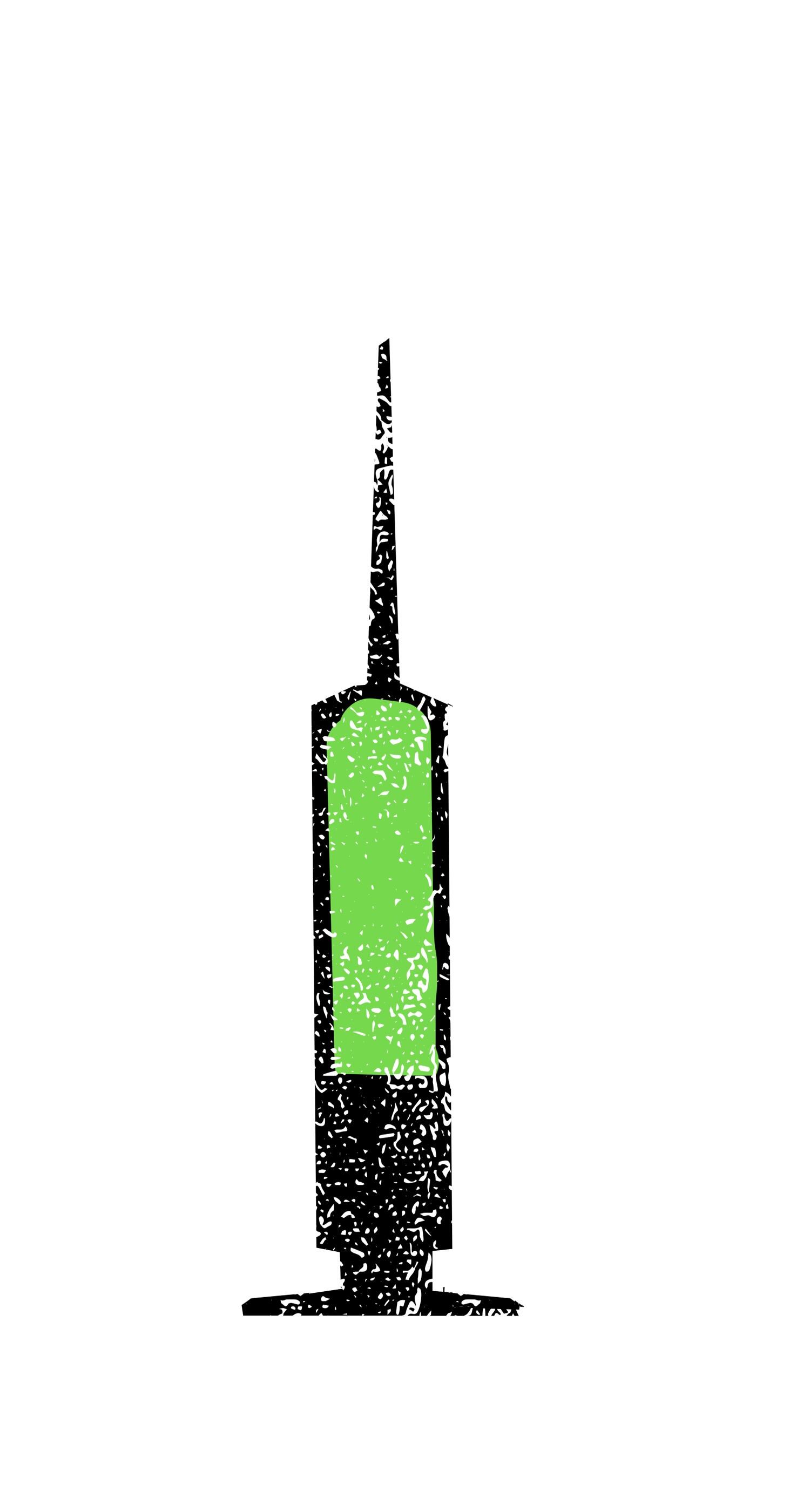
New syringes reduce your risk of infections and help to protect vein health. New syringes and other materials for overdose prevention and injection safety can be found for free at Vermont’s syringe services programs.

Fentanyl and xylazine can be dangerous and are often found in opioids as well as other drugs like cocaine, meth and any other powder or pill. Test your drugs with easy-to-use test strips. They can’t tell you how much fentanyl or xylazine may be in your drug, but it can tell you if the sample you are testing has fentanyl or xylazine in it. Test strips are most effective when they are used every time you use. and are available at most syringe services programs.
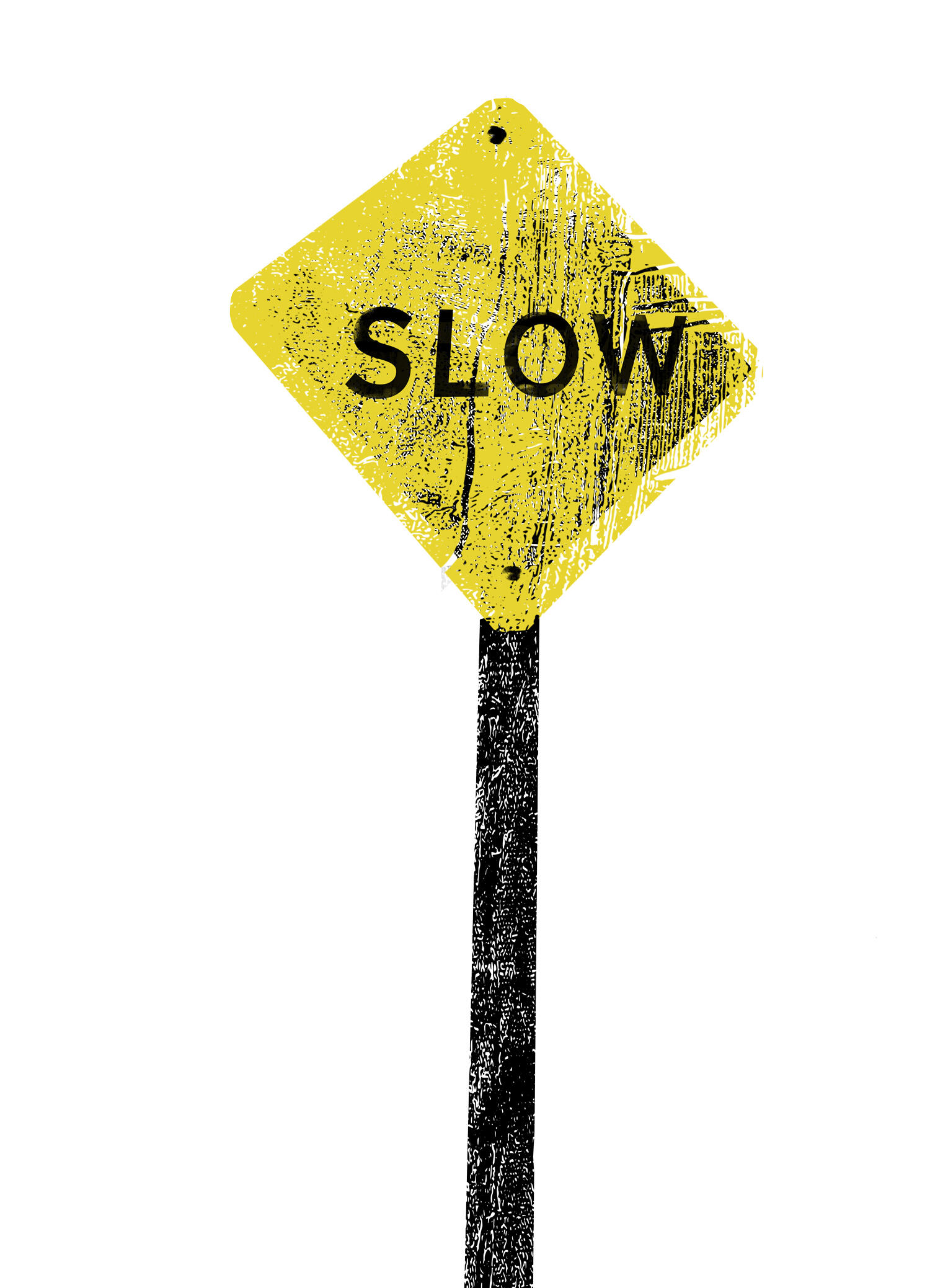
Start with a small amount to test drug strength. Going slow when using will help you be able to tell how strong your drug is and allow you to not use the full amount if it is stronger than you thought.
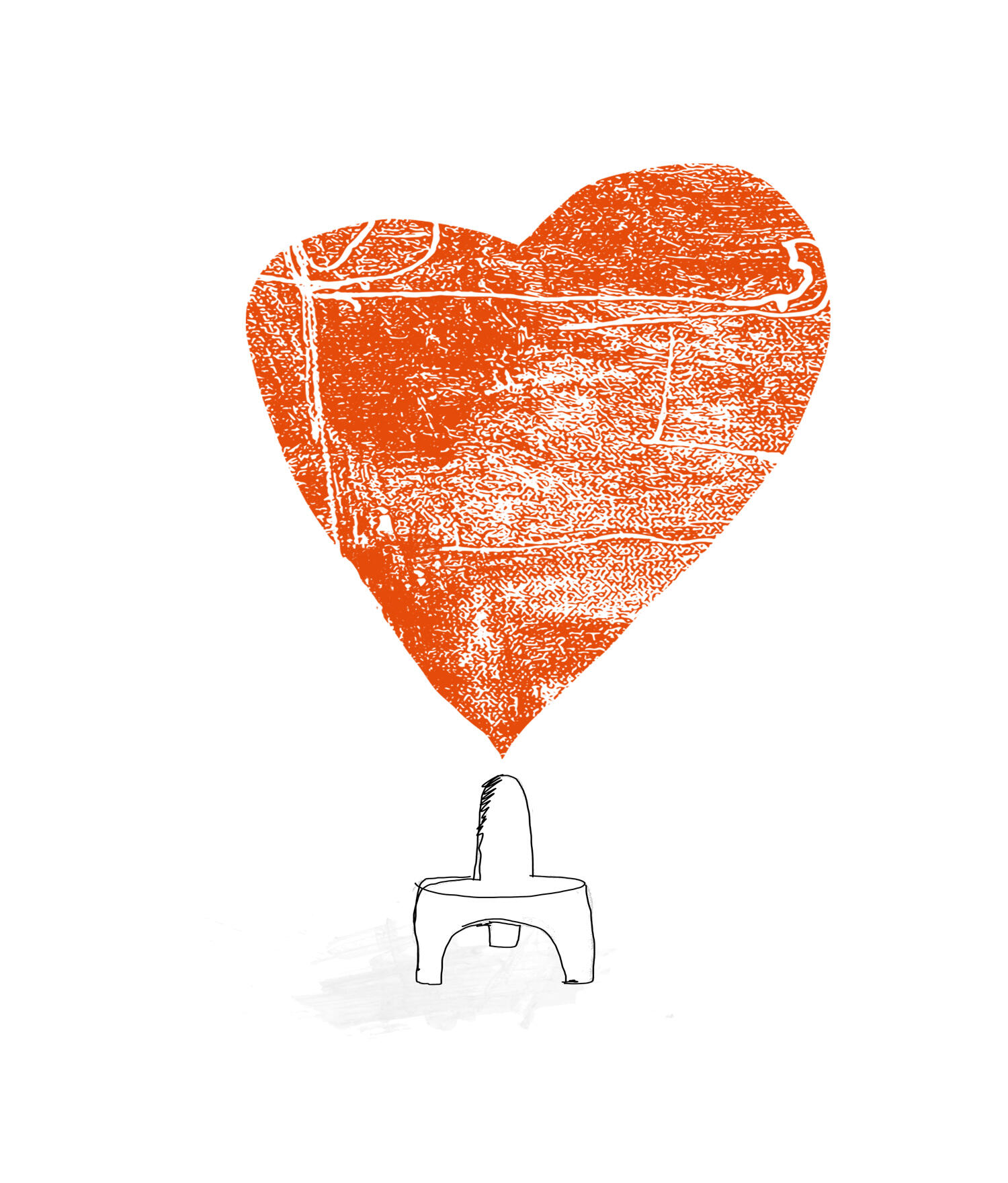
Naloxone saves lives. Be sure to keep naloxone next to you while you use so it can be easily used if needed. Make sure that those around you know where your naloxone is and how to use it.
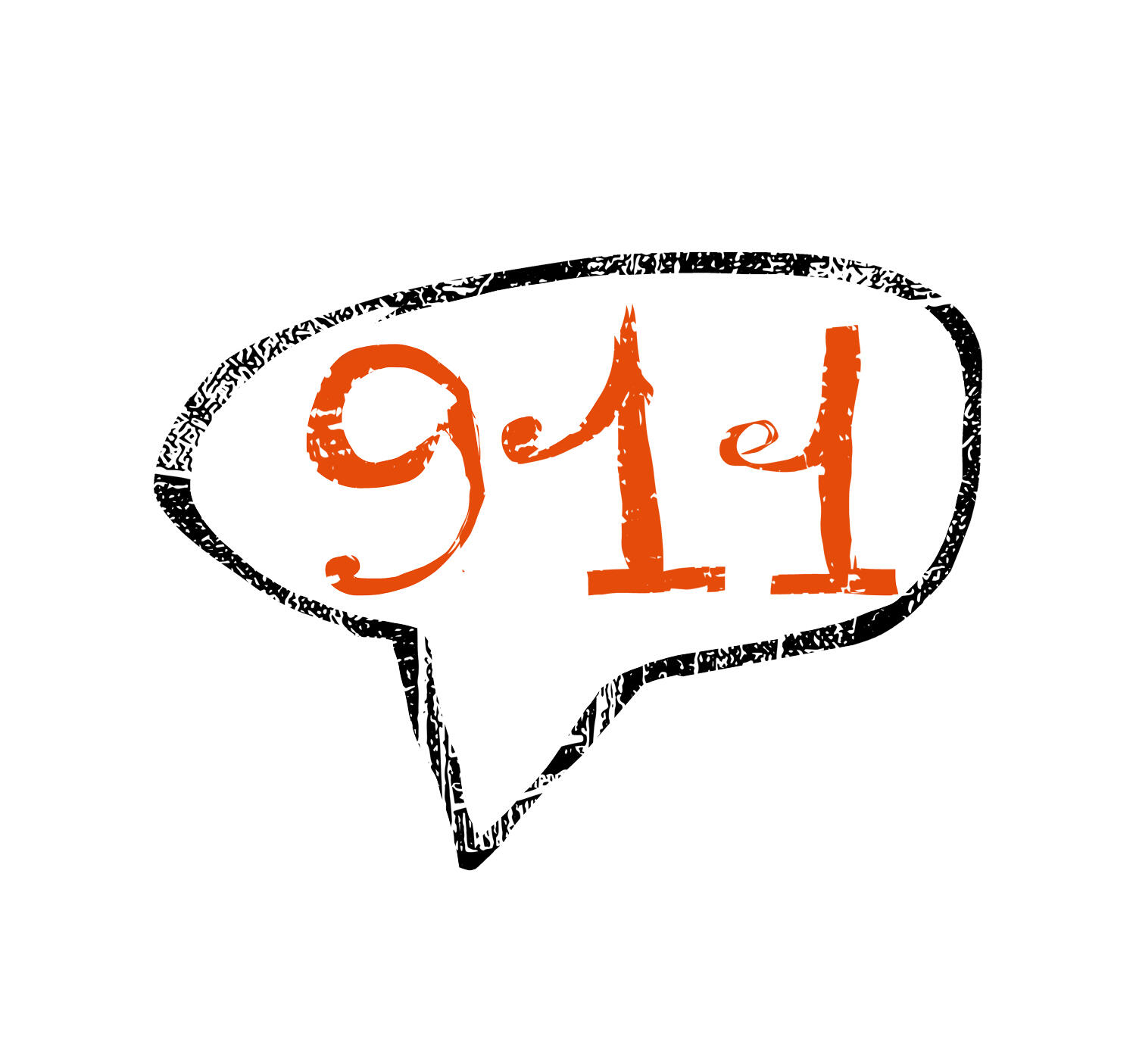
In case of overdose, call 911 and help save a life. Even if naloxone is given, it is important to call for emergency medical services. Naloxone does not stay in your body as long as opioids, so you could overdose again.
Vermont's Good Samaritan Law provides some protection for people who have overdosed and those who call 911 in case of an overdose emergency.
An overdose happens when too much of a drug enters your body, making it difficult for your body to process or clear out the drug. Overdoses from different drugs have different symptoms.
Opioid overdoses impact the ability to breathe. When opioids enter the body, they travel to the part of the brain responsible for telling the body to breathe. By sitting on those particular brain receptors, the opioid slows someone’s breathing. When too many of those brain receptors are covered in opioids, a person will not be breathing enough, or stop breathing completely.
There are a few signs to look for when you think someone is experiencing an overdose:
Keep this information with you by downloading this overdose card.
Xylazine, a sedative used in veterinary medicine for large animals like horses and cows, is not approved for human use, but it has been increasingly found in fatal opioid overdoses.
When mixed with opioids xylazine can affect the respiratory system, making the symptoms of an opioid overdose much worse by slowing down your breathing much faster than with just opioids alone.
Narcan® (naloxone), a medicine that can reverse an overdose, may not be as effective when xylazine is present. This can mean a higher risk of death.
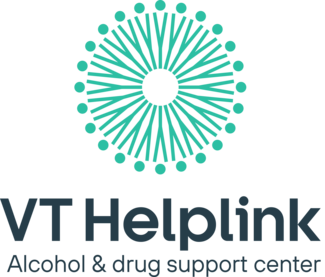
VT Helplink is a free and confidential alcohol and drug support and referral service. Find information on accessing naloxone, syringe service programs and treatment and recovery programs.
Call 802-565-LINK (5465) or toll-free 833-565-LINK (5465).
You can also answer quick and confidential questions to get connected to the right services for you.
Vermont Department of Health
280 State Drive
Waterbury, VT 05671-8340